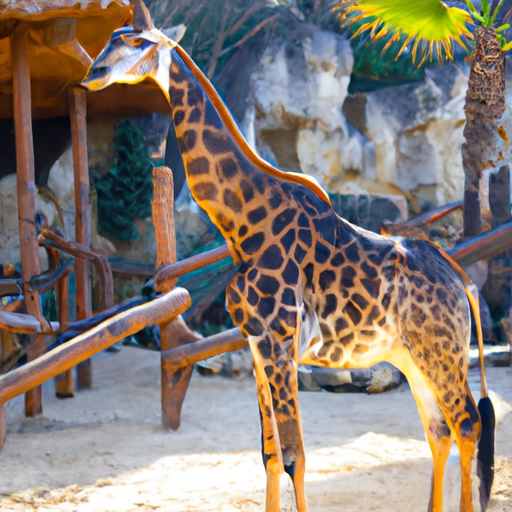 Introduction:
Introduction:
Zoos have been a part of human civilization for centuries, providing people with an opportunity to observe and learn about various animal species from all corners of the world. However, the ethical implications surrounding the captivity of animals in zoos have sparked intense debate. While some argue that zoos serve as vital educational tools and conservation centers, others believe that confining animals for human entertainment is morally wrong. This essay aims to explore the multi-faceted issue by examining both sides of the argument.
The Case for Zoos:
1. Education and Awareness:
One of the primary arguments in favor of keeping animals in zoos is the educational value they bring to society. Zoos provide a unique opportunity for people, especially children, to observe animals up close and learn about their behavior, habitats, and conservation needs. This firsthand experience fosters a deeper understanding and appreciation for wildlife, which in turn promotes environmental consciousness and animal welfare.
2. Conservation Efforts:
Zoos play a crucial role in conservation efforts, particularly for endangered species. By housing and breeding endangered animals, zoos contribute to the preservation of genetic diversity and the prevention of extinction. They act as genetic reservoirs and can help reintroduce animals to the wild when their natural habitats are restored. Additionally, zoos often fund research projects and collaborate with conservation organizations, making significant contributions to wildlife conservation globally.
3. Veterinary Care and Research:
Animals in zoos receive regular veterinary care, ensuring their health and well-being. Zoos employ trained professionals who closely monitor the animals, identify and treat diseases, and conduct research on animal behavior, nutrition, and reproduction. The knowledge gained from these studies contributes to the overall understanding of animal biology and helps improve veterinary care for both captive and wild animals.
The Case Against Zoos:
1. Ethical Concerns:
Critics argue that confining animals to limited spaces deprives them of their natural instincts and behaviors. Animals in zoos often exhibit signs of distress, such as pacing, self-harm, or aggression, as a result of the inherent stress and boredom associated with captivity. This raises ethical concerns about animal rights, as animals are denied their freedom and the ability to live their lives in their natural habitats.
2. Lack of Quality of Life:
In their natural habitats, animals have the freedom to roam, hunt, and socialize with their own species. In zoos, animals are restricted to small enclosures, which can lead to physical and psychological distress. The inability to engage in natural behaviors and the lack of mental stimulation can cause severe stress and mental health problems for the captive animals.
3. Captive Breeding Controversy:
While captive breeding programs aim to conserve endangered species, critics argue that breeding animals for captivity perpetuates the idea that animals exist for human entertainment. Some argue that it is more ethical to focus on preserving natural habitats and protecting animals in the wild, rather than breeding them for display in zoos.
Conclusion:
The debate surrounding the captivity of animals in zoos is complex and multifaceted. While zoos undoubtedly offer educational benefits and play a critical role in conservation efforts, the ethical concerns surrounding animal welfare and the impact of captivity on their quality of life cannot be ignored. Striking a balance between the educational value and the ethical implications of keeping animals in zoos is crucial.
It is imperative for zoos to continually evolve their practices to ensure the highest standards of animal welfare, including providing ample space, enrichment, and social opportunities. Additionally, zoos should prioritize conservation efforts that focus on habitat protection and restoration, as well as public education on the importance of preserving natural ecosystems.
Ultimately, the future of zoos lies in finding innovative and sustainable ways to educate the public, conserve endangered species, and respect the fundamental rights and well-being of the animals under their care. Only by addressing these concerns can we create a world where animals are respected, valued, and given the opportunity to live their lives as nature intended.
